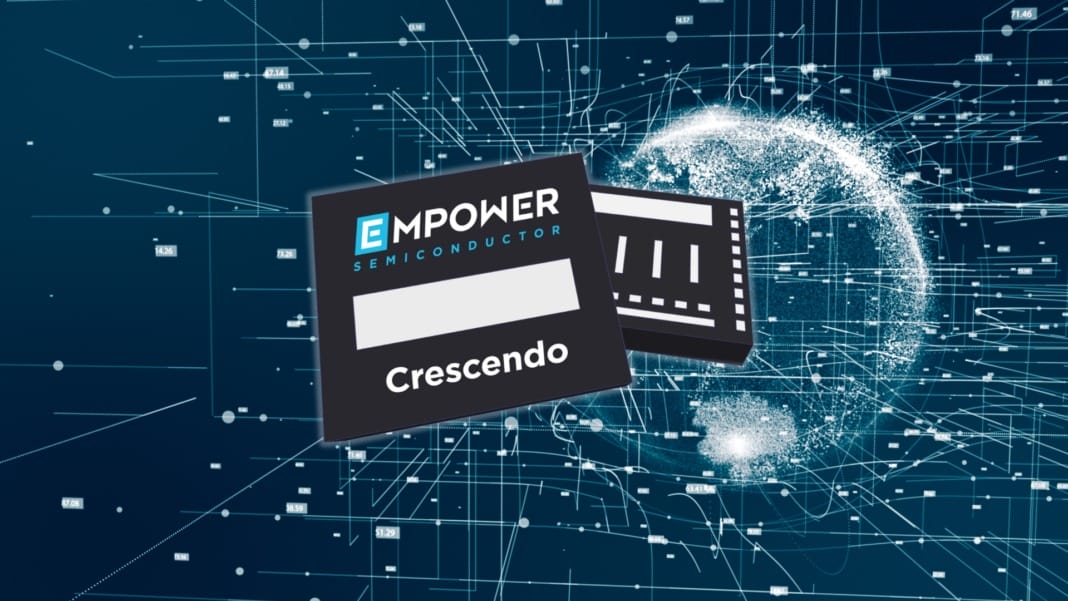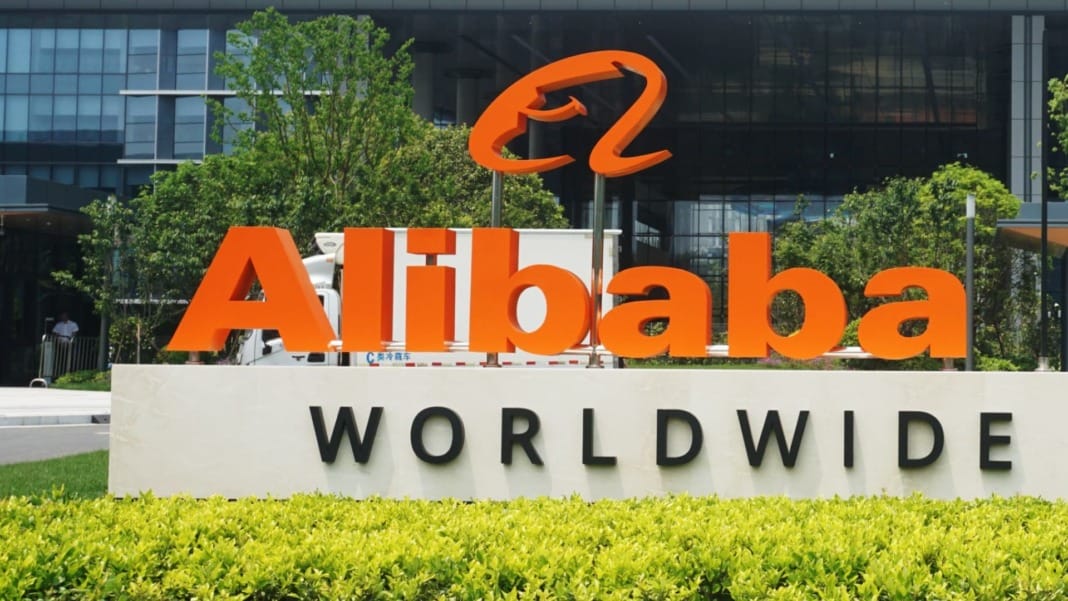Tech giants like Google and Microsoft are constantly pushing the limits of artificial intelligence (AI) and data centres. Still, traditional power delivery systems have needed help to keep up with the increasing energy demands. The current designs, relying on bulky power stages and large capacitor banks, take up valuable space on the printed circuit board (PCB), leading to inefficient power delivery and higher energy losses. These inefficiencies are becoming a significant roadblock for companies heavily investing in AI infrastructure.
Empower Semiconductor, however, has developed a solution with its new Crescendo vertical power delivery (PD) platform, which aims to revolutionise how power is delivered to AI chips. This new system offers a more efficient way to manage power for the latest AI technologies by eliminating the need for capacitor banks and providing energy directly to the processor.
The future of AI power delivery
One of the most exciting aspects of Empower’s new Crescendo platform is its ability to deliver power right where it’s needed most – directly underneath the AI chip. This unique design reduces the power losses seen in traditional setups, helping to improve efficiency while also reducing the amount of space required on the PCB. This change is especially critical for companies like Google and Microsoft, where vast data centres consume more power as they scale up their AI workloads.
The Crescendo platform uses Empower’s proprietary FinFast technology to deliver power on demand to AI processors, supporting up to 3,000A power domains. This makes the technology ideal for modern data centres, which need to handle increasingly high energy demands as AI becomes more advanced. By improving how power is distributed, Empower is not only supporting AI’s growing needs but also helping companies cut down on energy costs.
According to Empower Semiconductor, the Crescendo platform could reduce power delivery losses by over 10%, leading to substantial savings for companies operating large-scale data centres. For data centres with as many as 100,000 CPUs, the new technology could cut more than 8MW of power loss, translating to significant cost savings and a lower environmental impact.
Empower’s vision for the future
Tim Phillips, the founder and CEO of Empower Semiconductor, is confident that the Crescendo platform is only the beginning. “AI’s accelerating power requirements far outpace the capability of today’s lateral power solutions, both in scale and speed,” said Phillips. “In developing the Crescendo platform, Empower enables generations of new AI processors to hit their performance goals while running efficiently and cool.”
Phillips further explained that this introduction marks the start of a new era for AI power delivery, with the potential for future versions of the Crescendo platform to integrate directly into processors. This could lead to total power supply densities exceeding 5A/mm2, further setting Empower apart as a leader in the industry.
Empower claims its technology offers five times higher power density than current solutions, helping companies like Google and Microsoft save millions in energy costs. With the potential to significantly reduce power delivery losses, the Crescendo platform could become a crucial part of the infrastructure for data centres in the years to come.
As AI continues to grow and evolve, so must the technologies supporting it. Empower Semiconductor’s new approach to power delivery is poised to be a game-changer, improving efficiency and helping manage the costs associated with running large-scale AI workloads. For tech giants investing in AI, this could mean tens of millions of dollars saved each year and a more sustainable energy footprint.




